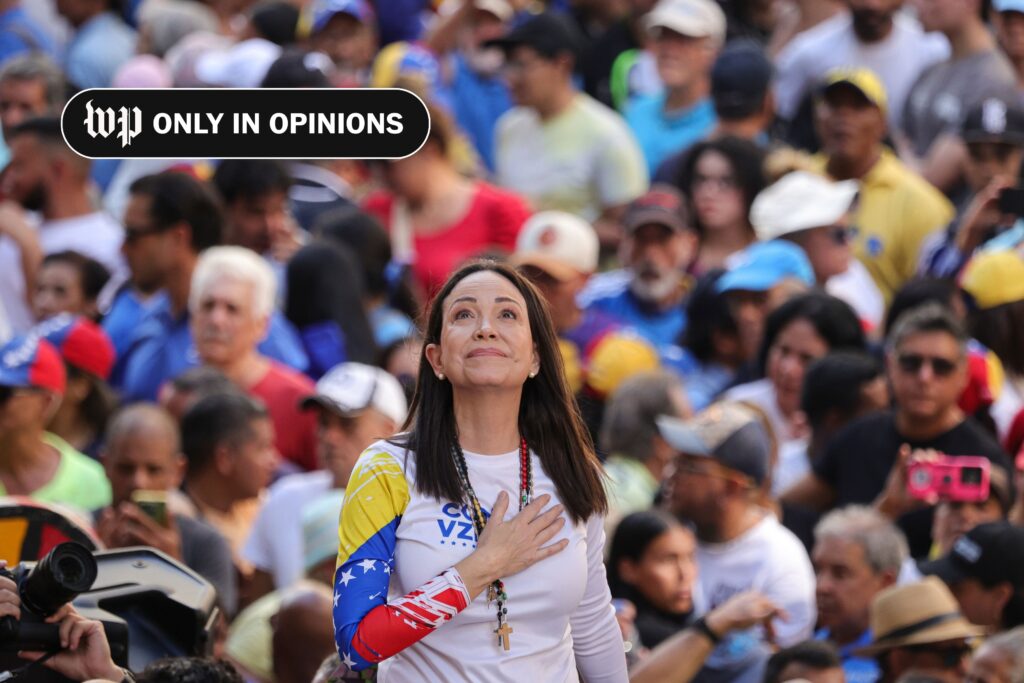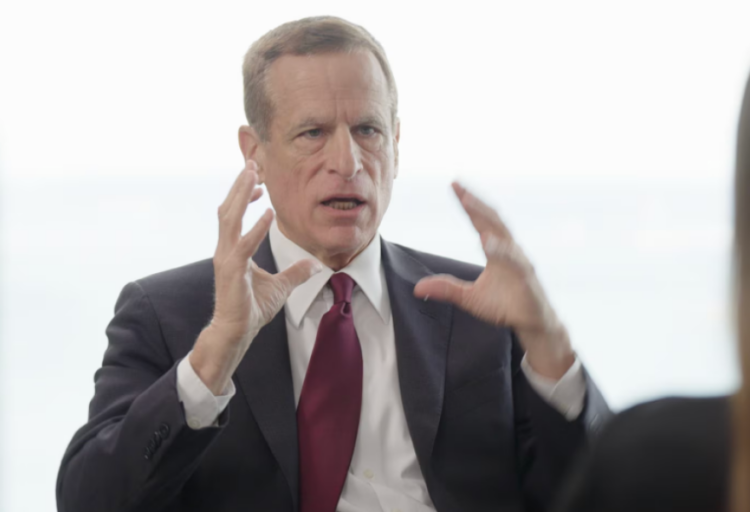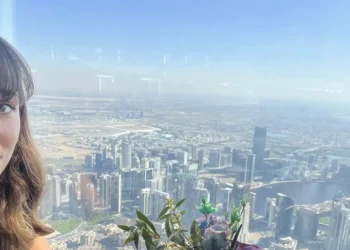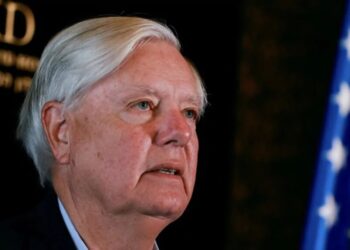The tens of millions of innocents stuck in Venezuela are often an afterthought amid mounting U.S. pressure on Nicolás Maduro, the country’s illegitimate president. An armada of warships and 15,000 troops have deployed to the region. Airstrikes continue on suspected drug-trafficking boats, with the looming threat of bombing land-based targets, backed up by CIA covert action.
On Monday, President Donald Trump declined to rule out sending in U.S. forces. “We just have to take care of Venezuela,” he said. With sticks and carrots, Trump hopes to compel Maduro to abdicate power without taking the United States into war. What happens if he succeeds?
María Corina Machado, the leader of the opposition, has been giving that question a lot of thought. She has bravely remained in her homeland, living underground, even as almost 8 million of her fellow Venezuelans fled Maduro’s dictatorial rule over the past decade. Many who stay risk torture or worse. Machado dreams of ending the refugee crisis and making it safe for those Venezuelans to return home.
The winner of this year’s Nobel Peace Prize has written a thoughtful and important “Freedom Manifesto” that she plans to publish on Tuesday and shared with us first. In it, she argues that the freedoms of speech and assembly, as well the right to vote securely and without any form of manipulation, must be inviolable. Machado puts particular emphasis on the need to protect property ownership as a fundamental right.
She directly links political freedom with economic prosperity. To reawaken the economy, she proposes privatizing state-owned enterprises and “restoring the development of our oil and gas sectors to the ingenuity of free men and women.” Instead of “unduly interfering,” she wants the government to “provide the conditions to create a free and competitive economy.” Amen to all that.
The U.S. celebrates the 250th anniversary of its birth, announced with the Declaration of Independence, next July 4. America’s founding document clearly inspired Machado, who writes that “every Venezuelan is born with inalienable rights that have been conferred upon them by our Creator, not by men.” She writes poignantly, even poetically, about the power of human dignity, which she says will be the driving force of national revitalization.
She believes Maduro and others in the regime need to be held accountable by the next government for “crimes against humanity.” She estimates that more than 18,000 political prisoners have suffered brutality at the hands of the regime. Machado pledges to “reform our military and police forces” so they “defend all people.” She says the government needs to have “the will and capacity” to protect everyone from violence. Failing to do so, she warns, prevents democracy from enduring.
It only took one generation for socialism to ruin Venezuela and impoverish most of its people. The damage caused by Maduro and Hugo Chávez before him won’t be quickly undone, but it’s possible. Machado envisions Venezuela becoming “a pillar of democratic and energy security in the western hemisphere, and the unwavering promoter of liberty around the world.” Of course, there’s no guarantee that a post-Maduro Venezuela immediately becomes a thriving, free-market democracy, but we commend Machado for imagining a better future for Venezuelans to rally around.
This manifesto is a great starting point. It’s meant to precede what will hopefully become a new constitution for a truly democratic Venezuela. The document imagines the country emerging from the ashes “like a phoenix reborn — fierce, radiant, and unstoppable.”
The post This could be the light at the end of Venezuela’s tunnel
appeared first on Washington Post.




